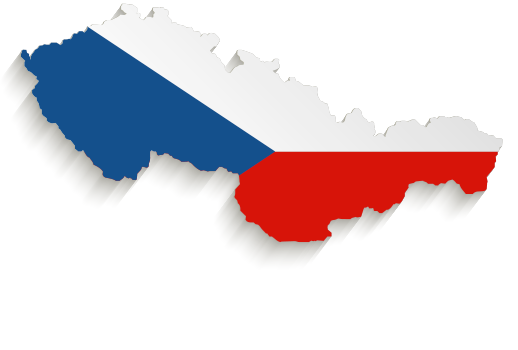(Grant Agreement n. 669194)
The academic elite was not a consistent group and needs to be defined according to specialisations. Economists in particular were kept close to political decision-making and participated in formulating economic policy in the long 1970s. Following the suppression of the Prague Spring, the purge among academic economists affected all those who had collaborated with the main protagonists in the 1968 economic reform. The purge eliminated a major proportion of both senior and junior liberal scientists. In the better cases, they were transferred to less influential academic institutes, many of them in Slovakia with a milder normalisation process. In the early 1970s, conservative researchers published heavily critical texts about the 1968 economic reform project. However, a more sober approach gradually led to opening academia and the upcoming generation of researchers to Western economic ideas. In the first normalisation years, Soviet textbooks on economic theory were hastily translated into Czech and Slovak. However, the situation in academia could not be wound back to the 1950s and academics who formally agreed with the normalisation process started to release their own textbooks. A notable example is one on credit and monetary policies by Jiří Petřivalský, who based his argumentation on capitalist examples and authors. In all the specialisations, the generation of scientists who had held positions in 1968 was subject to committee hearings and could only keep their posts if they expressed their agreement with the current official party policy. Together with the upcoming young generation of scientists, Czech and Slovak academics in all fields were eager to work with technologies which they read about in foreign research papers.
Their attitude to contacts with the West was therefore very stable: the more conferences with foreign scientists they could attend or fellowships at West European universities they obtained, the more contacts they could establish, hopefully with significant research outcomes and patents for Czechoslovak industry. František Vencovský, who had been active at the University of Economics and had held an important role as a consultant to the Chairman of the Czechoslovak State Bank since 1970, stated that research into the usefulness and possibilities of monetary policy in a centrally planned economy should not be limited at all as long it did not question the re-centralisation of economic planning. Research was based on the most recent findings in the West, along with the most important scientific books and journals, which were accessible in university and department libraries. The works on Czechoslovak foreign trade by another prominent economist, Karel Dyba, show the same picture. Thanks to this, the next generation of economics graduates were not only not affected by the purges but were training with knowledge of Western economic models and policies. This was an important element in creating a managerial elite with a realistic vision of the West and able to do business with partners in foreign private enterprises. Not surprisingly many members of this managerial elite went on to transfer into the private sector in the Czech and Slovak economies in the 1990s.
* This text summarises some of the research findings of PanEur1970s team member Pavel Szobi, which are published as a chapter in PanEur1970s’ academic edited book. For a link to the e-book, please see Czechoslovakia’s “Overview” webpage of this map.
